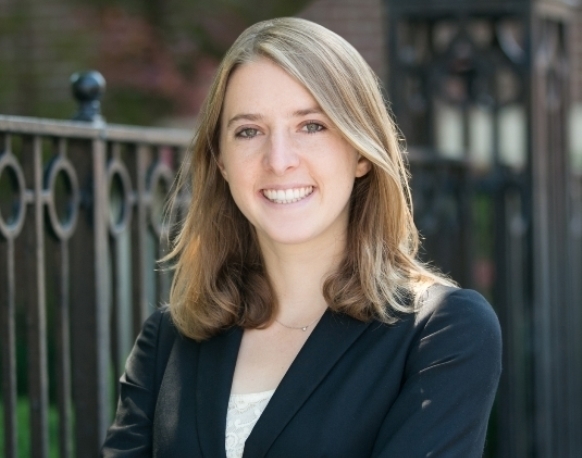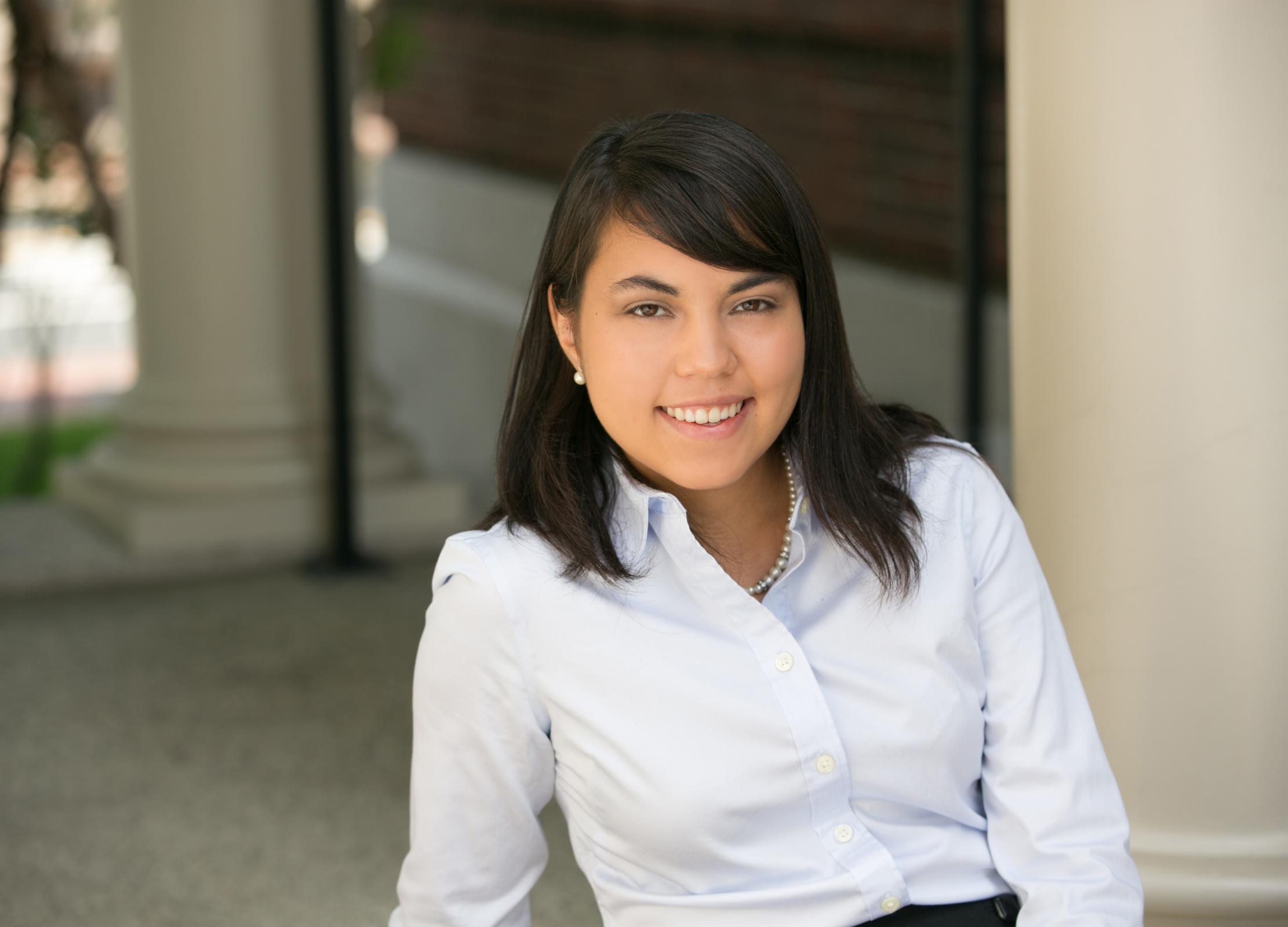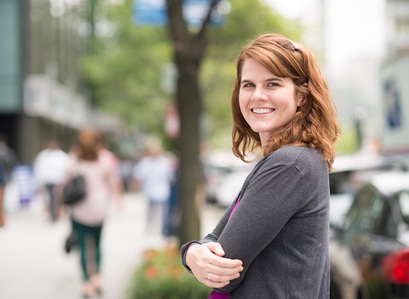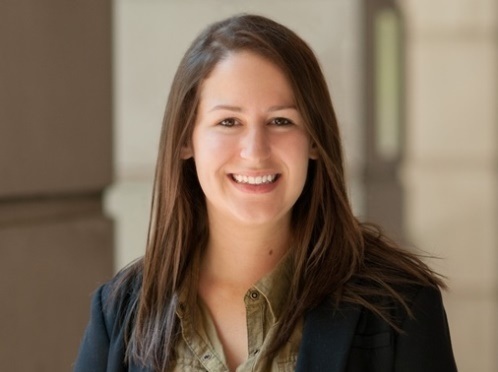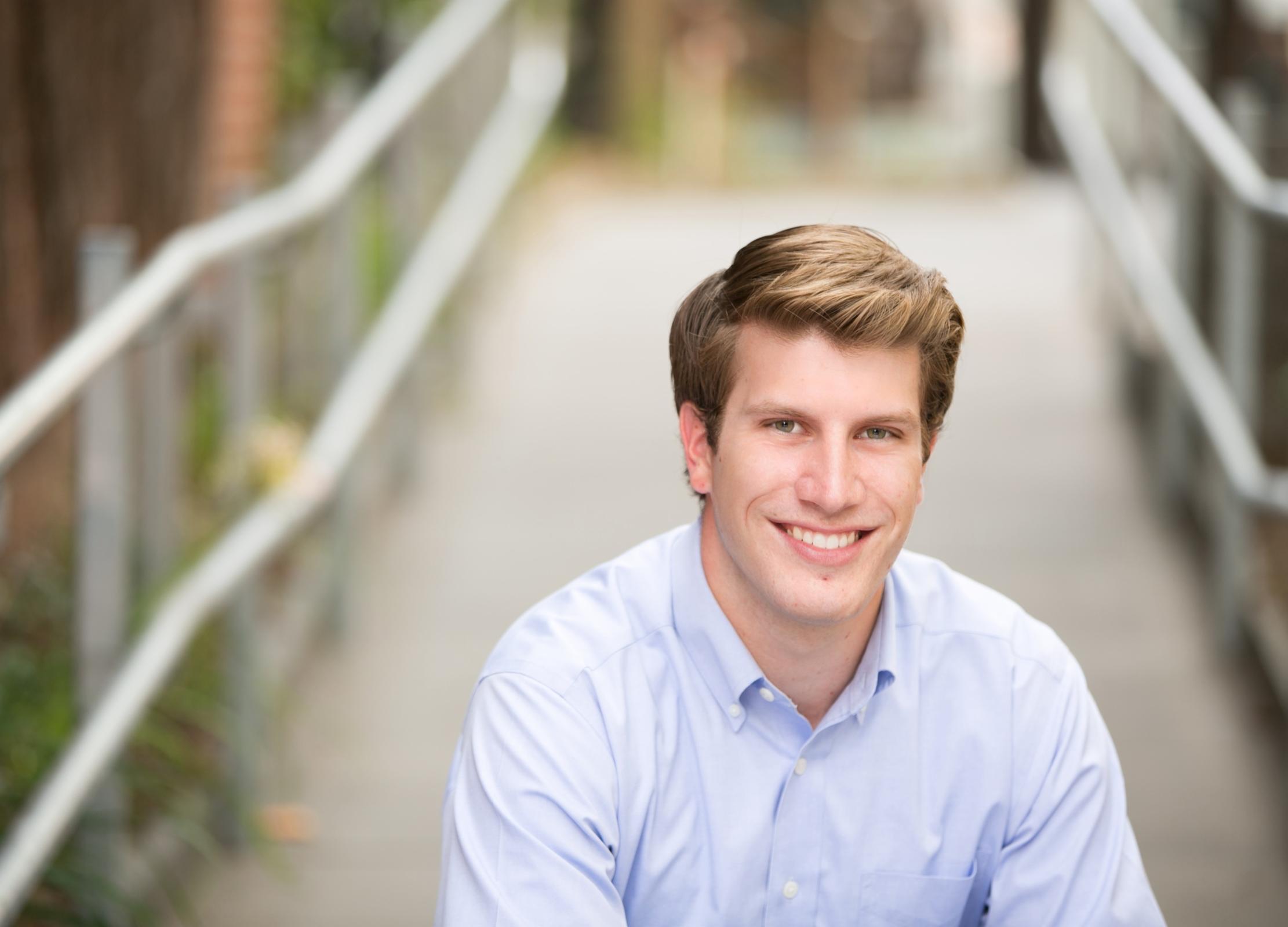Before Brattle
I studied Math and Economics at Hamilton College. While at school I played on the varsity volleyball team, acted as Projects Manager for the Hamilton Association for Volunteering Outreach and Charity, and participated in intramural soccer. In addition, I worked as a research assistant for the Department of Economics and helped to redesign the on-campus student employment process as the Director of Student Employment.
I applied to Brattle after working for two years in management consulting. I found that I was looking for more analytical, rigorous, and intellectually-challenging work. After having the opportunity to speak with some RAs at Brattle, I thought it sounded like a good fit both culturally and intellectually. The work at Brattle offered an opportunity to apply my quantitative and economic skills to real world problems.
I accepted my RA offer because I was blown away by Brattle’s culture, my new colleagues, and the promise of a challenge. I was extremely impressed by how intelligent, humorous, and hard working the individuals I met with were. It quickly became clear to me that Brattle was a place where I could challenge my mind, learn from extremely smart people, and make strong friendships. The culture was exactly what I had been looking for.
At Brattle
I worked on numerous projects during my time at Brattle in many industries including telecommunications, energy, transportation, finance, and mining. For these projects, I conducted rigorous quantitative and economic analyses, developed dynamic models, learned about industries, and wrote sections of expert reports. I had the opportunity to interact with and present findings to clients and regulators including the Commissioners at the Federal Communications Commission. I was also fortunate enough to attend cool talks by well-known economists and regulators, socialize with clients at the DC office’s annual holiday reception, and learn from my colleagues.
The best thing about Brattle is the culture. It is a place that I associate with smart people, hard work, innovation, and good times. RAs are respected and given an incredible amount of responsibility and ownership over their work. I feel like I was constantly faced with new and intriguing challenges as principals and associates incorporate RAs into both the project strategy and the implementation. I was originally surprised by how excited and committed the principals were to their work and how open they were to ideas, questions, and input from RAs.
After Brattle
I left Brattle to pursue an MBA at The Wharton School of the University of Pennsylvania. My experiences at Brattle were extremely beneficial with verifying my desire to go to business school, strengthening my application, and preparing me for the experience. At Brattle I was exposed to a wide variety of projects and analyses, which helped me to confirm my interest in finance and develop a strong background in financial concepts and analyses. In addition, I had the opportunity to take on many roles, which allowed me to develop as a leader – an extremely important topic to be able to discuss in business school interviews! I was overwhelmed and grateful by the amount of support I received from everyone at Brattle. My colleagues and mentors helped by writing my recommendations, offering advice, and celebrating acceptances. I plan to move into the financial services industry after completing my MBA.

